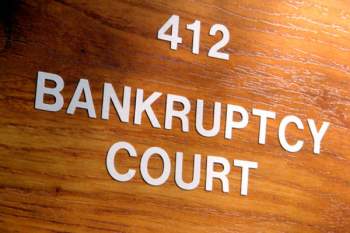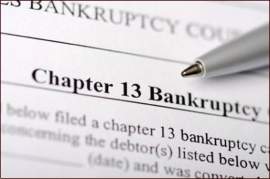
Learn All About Debtor Creditor Governing Laws

Related Forms
Schedule B - Personal Property
Schedule C - Property Claimed as Exempt
Schedule D - Creditors Holding Secured Claims
Schedule E - Creditors Holding Unsecured Priority Claims
Schedule F - Creditors Holding Unsecured Nonpriority Claims
Schedule G - Executory Contracts and Unexpired Leases
Schedule I - Current Income of Individual Debtor(s)
Schedule J- Current Expenditures of Individual Debtor(s)
Summary of Schedules (Includes Statistical Summary of Certain Liabilities)
View AllIn terms of the guiding principles behind the administration of bankruptcy in the United States, much of it is determined by the language of the Bankruptcy Code (Title 11 of the United States Code) and the Federal Rules of the Bankruptcy Procedure amended and transported to federal courts by the Supreme Court. However, filing for bankruptcy is only one legal remedy and portion of the discussion of credit as a whole.
Thus, to understand the governing laws behind debtor-creditor relations, we must have knowledge of the various credit laws that are implemented by various levels of government across the country, or, for the sake of greater specificity, the credit collection laws that preside over the debtor-creditor binary.
Only then can we approach a fuller understanding of credit and bankruptcy. The following are considerations of some of the credit collection laws that influence how debtors and creditors interact:
As noted above, the main credit laws that are enacted by the federal government are bankruptcy laws. However, these procedural standards put a bit of a different spin, so to speak, on credit collection laws as they exist in out-of-bankruptcy situations.
With bankruptcy, original terms of credit, loans and other sources of debt are more or less used as a guide for new liquidation and rehabilitation that try to squeeze as much value as possible out of the debtor's assets; frequently, creditors will get less through bankruptcy than they stood to get if the loan reached maturity, and will therefore agree to the terms of the plan as somewhat of a concession to recoup at least part of what was owed.
The credit laws that most closely resemble debtor-creditor law in its purest form are pieces of omnibus legislation that individual states may choose to adopt or not adopt. On the state level, meanwhile, different systems of law may be invoked in the enforcement of credit laws on behalf of either debtors or creditors. Credit collection laws, for the most part, are regulated by state statute, as are a number of individual aspects of debtor-creditor law.
In particular, state credit laws outline how contracts may be upheld in the wake of missing payments. Often, through the provisions of a court judgment, creditors will be allowed to subtract from a debtor's assets against which a loan is secured or which the statutes specifically grant may be claimed in the collection process. As always, it must be stressed that credit collection laws work both ways; that is, they represent the interests of both debtors and interests to the best extent possible.
Concerning how debtors may be abused by creditors, though creditors do have their right to get back the funds they lend to individuals, this right does not justify unethical business practice on their part to procure those sums. In the event a lender uses harassment, threats, defamation and other injurious tactics to justify the means, precepts of tort law will likely come into play and entitle the debtor—not the creditor—to collect for damages as a victim.
NEXT: Make Sure You Know the Debtor Creditor Law



















